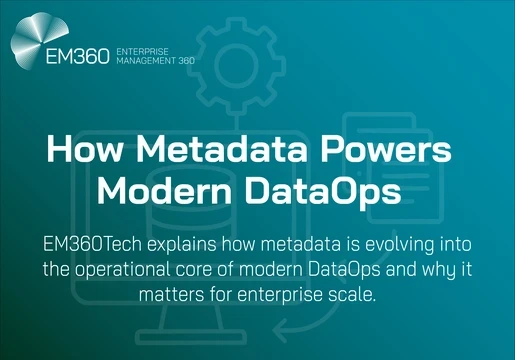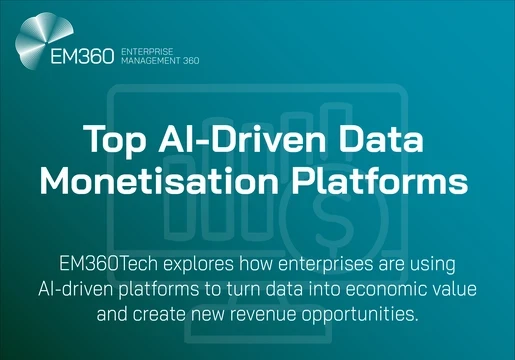Data strategies don’t have to be boring! In fact, it’s detrimental for a data strategy not to be too technical if it wants to improve engagement and provide a proper understanding of the power of data. Creating an engaging data strategy is tough, and everyone from small start-ups to major multinational businesses struggle with pulling together a comprehensive strategy which can be used by employees, but which also properly governs data processes to avoid falling foul of regulation.

So, what principles should organisations follow to improve their strategies and create successful data processes throughout the business?
Proper data transformation is much more than simply appointing a Chief Data Officer (CDO) and writing a data strategy. Far from being a separate element in a business, data must be closely aligned to, and ideally embedded into, the overall business strategy.
The first step in a successful data driven business transformation is understanding what data you have and why you use it. That’s deeper than it sounds – simple check-box exercises which take inventory of your different data sources aren’t enough. Instead, C-Suite executive need to understand the real purpose of data if they want to go beyond the ordinary and unleash its potential. This means that a good data strategy must evolve with the business. It’s so important that business leaders understand that a data strategy document isn’t an end point; it needs to be a live document which undergoes regular reviews to keep it fresh, relevant, and flexible.
Once business leaders have got to grips with the purpose behind their data, they’ll understandably be eager to start using it! But it’s important to take a step back and talk about the data governance structures that will have to be in place before being able to harness the power of their data. I like to refer to this as the data method which, at its most basic, describes the clear set of best practices which determine how data is extracted and used by a business.
Once an organisation understands its data and has a framework in place to use it effectively, it’s finally ready to start investing in the fun data tools that make a difference to the business.
When discussing how best to use metrics, I always recommend that businesses choose data points which are both easy to measure and that ultimately matter to the business. If an organisation gets its data foundations right, it will have access to powerful information that can transform its operations and business model for the better. Before going all in on the latest shiny data tools then, organisations should ensure they are investing in getting the basics right - big data analytics, and the invaluable information a business gains from it, is therefore only as good as the data it is built on; you get out what you put in.
All this being said… even with a good set of data governance guidelines or investment in the right tools, the success of a data strategy ultimately depends on the people using it every day.
When an organisation is trying to assess its own data maturity, one of the first questions it should ask itself is: what skills are present in the business? Merely having a CDO isn’t enough, but rather organisations should be looking to build a rich data culture where everyone, at every level, is empowered by data. This means organisations should invest in the right facilities to train employees to become data literate, both introducing them to new terms and concepts as well as reinforcing the power of data in their own jobs and departments.
Fundamentally, a good data strategy relies on four things: understanding your data, creating a resilient data methodology, investing in the right data tools for your organisation, and ensuring that employees at every level of the business are empowered to get the most out of their data. these four things, and your business will be well on its way to a successful data-driven transformation.
You can find out more about how organisations can use data purpose, people, methods, and tools to successfully guide organisations through a data transformation journey at global data consultancy, Carruthers and Jackson’s sixth annual free-to-attend Summer School for Data Leaders. Sessions will be delivered by Carruthers and Jackson, IBM, Microsoft, Immuta and Corndel, covering topics including the secret ingredients to becoming a successful CDO; having the right technology, tools and team; leading the change; strategy, culture and ethics.
Applications for this year’s 10-week virtual course, which brings together the next generation of data leaders from around the world, can be submitted via this link until 31st May.







Comments ( 0 )